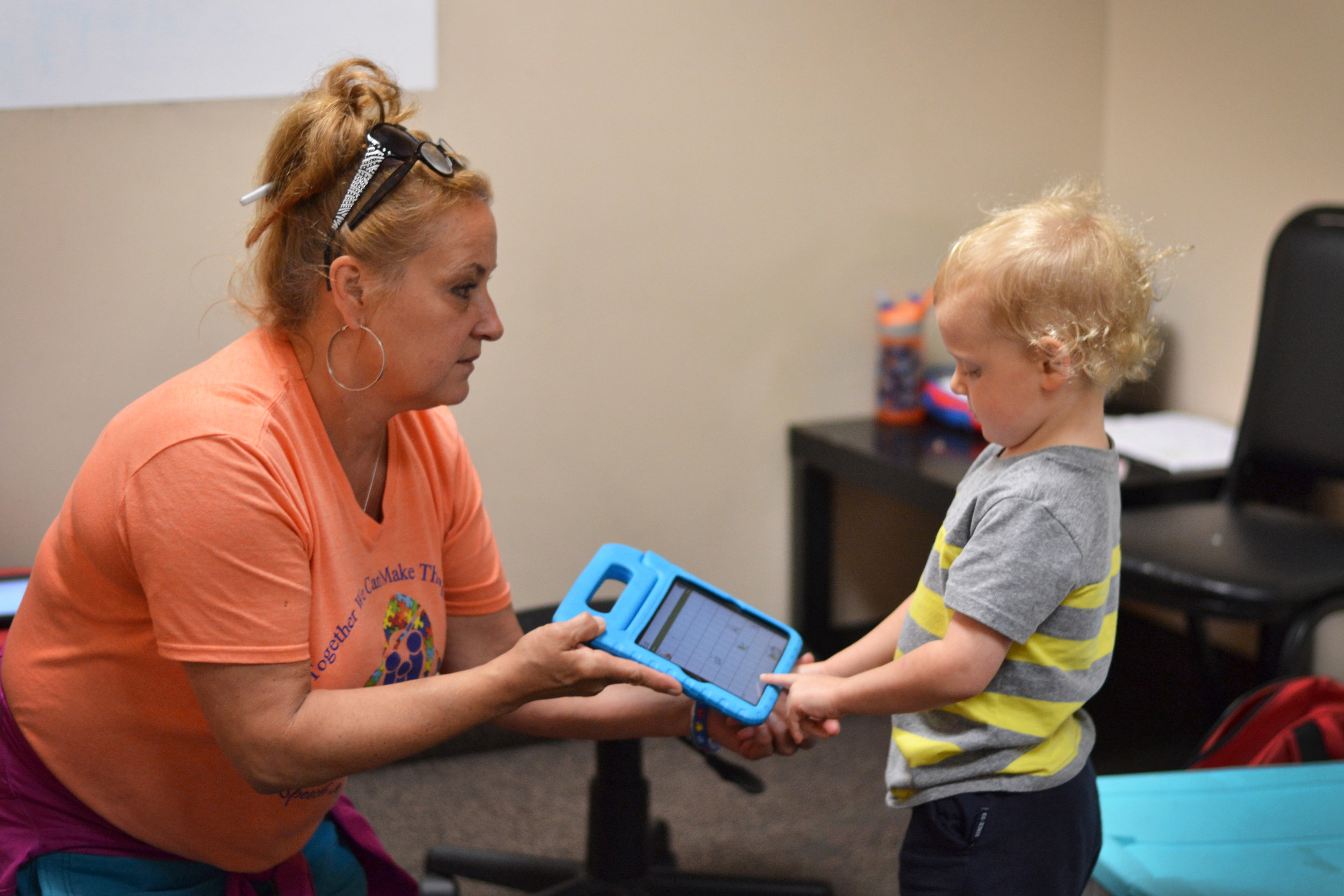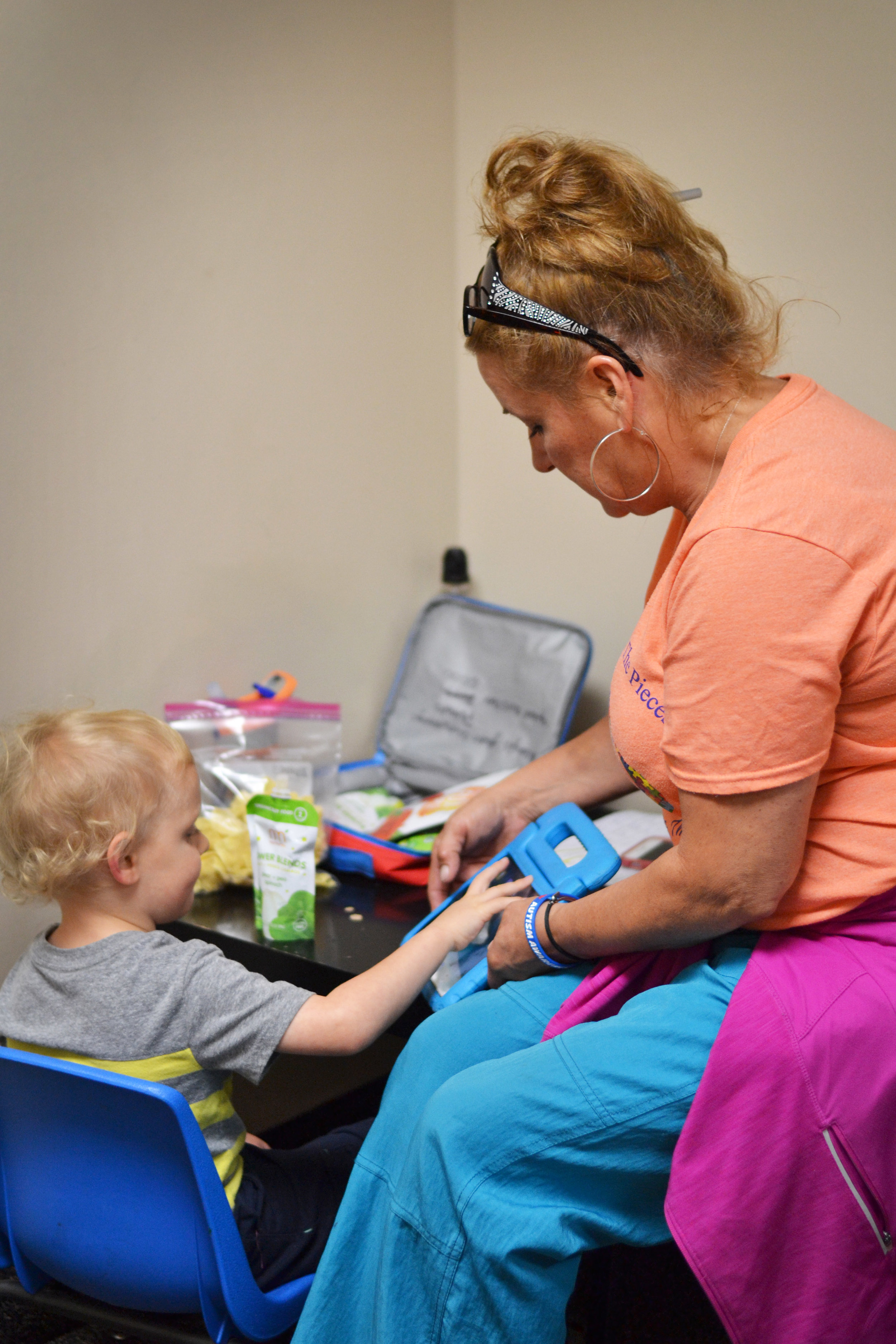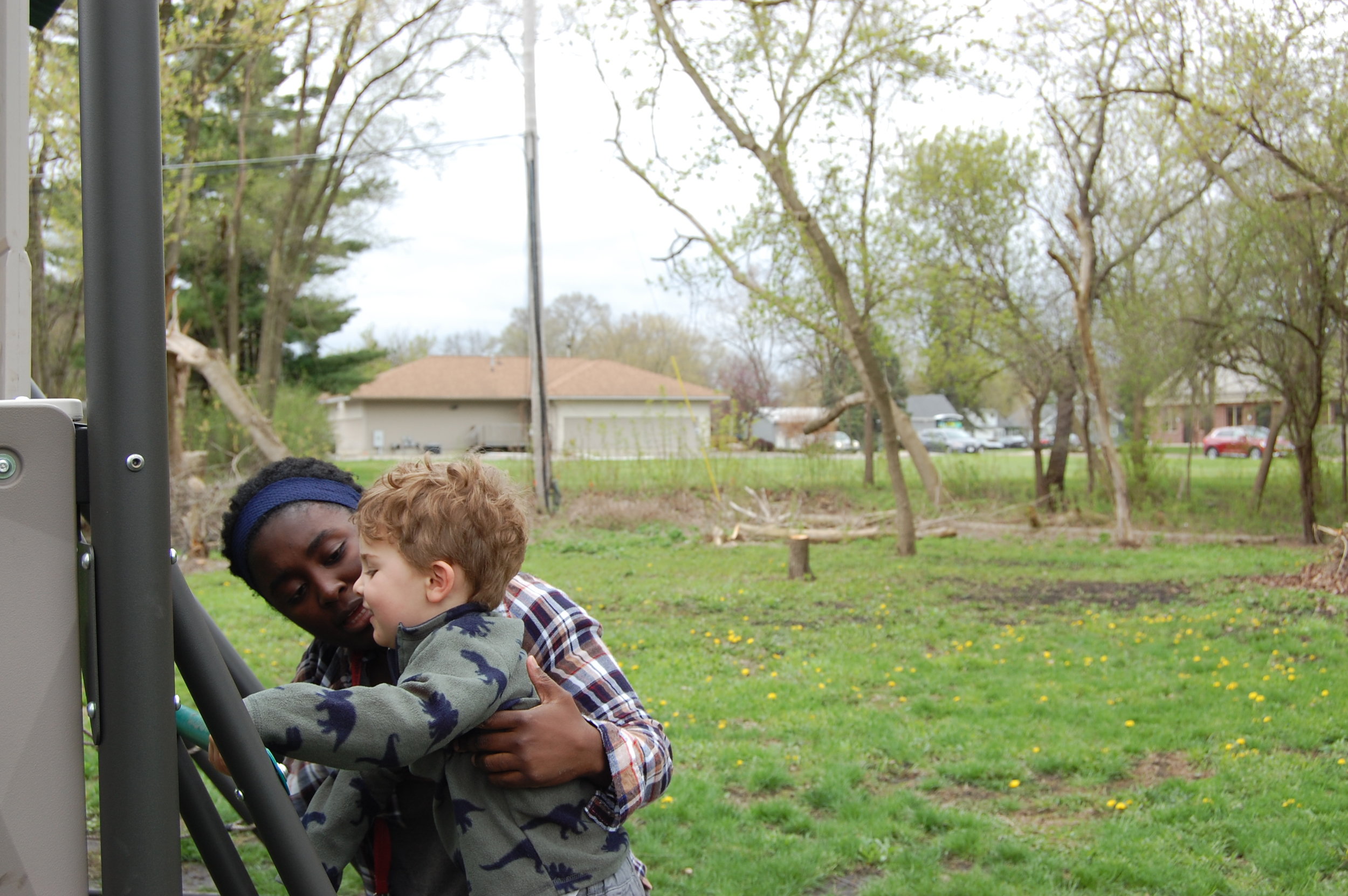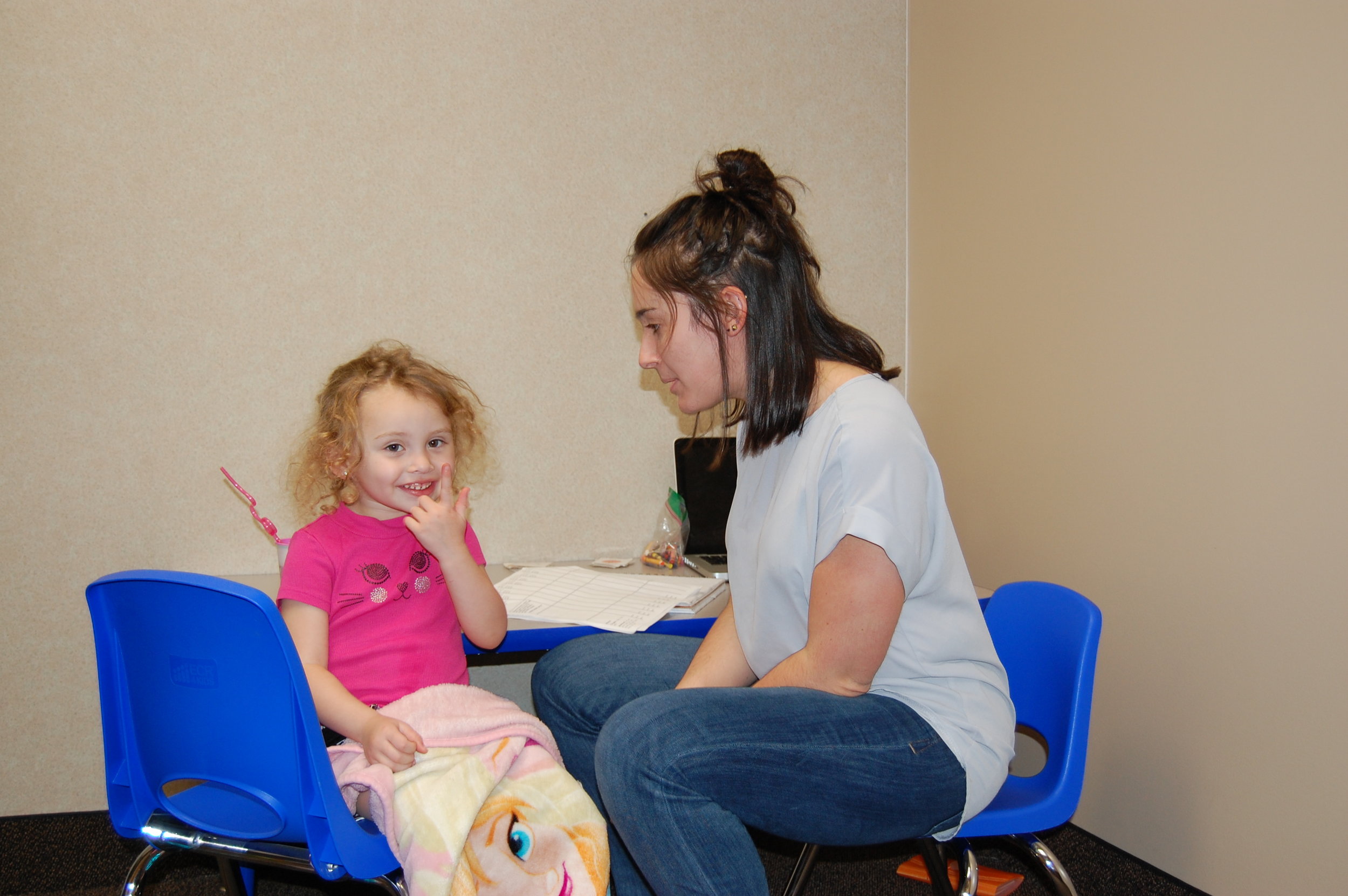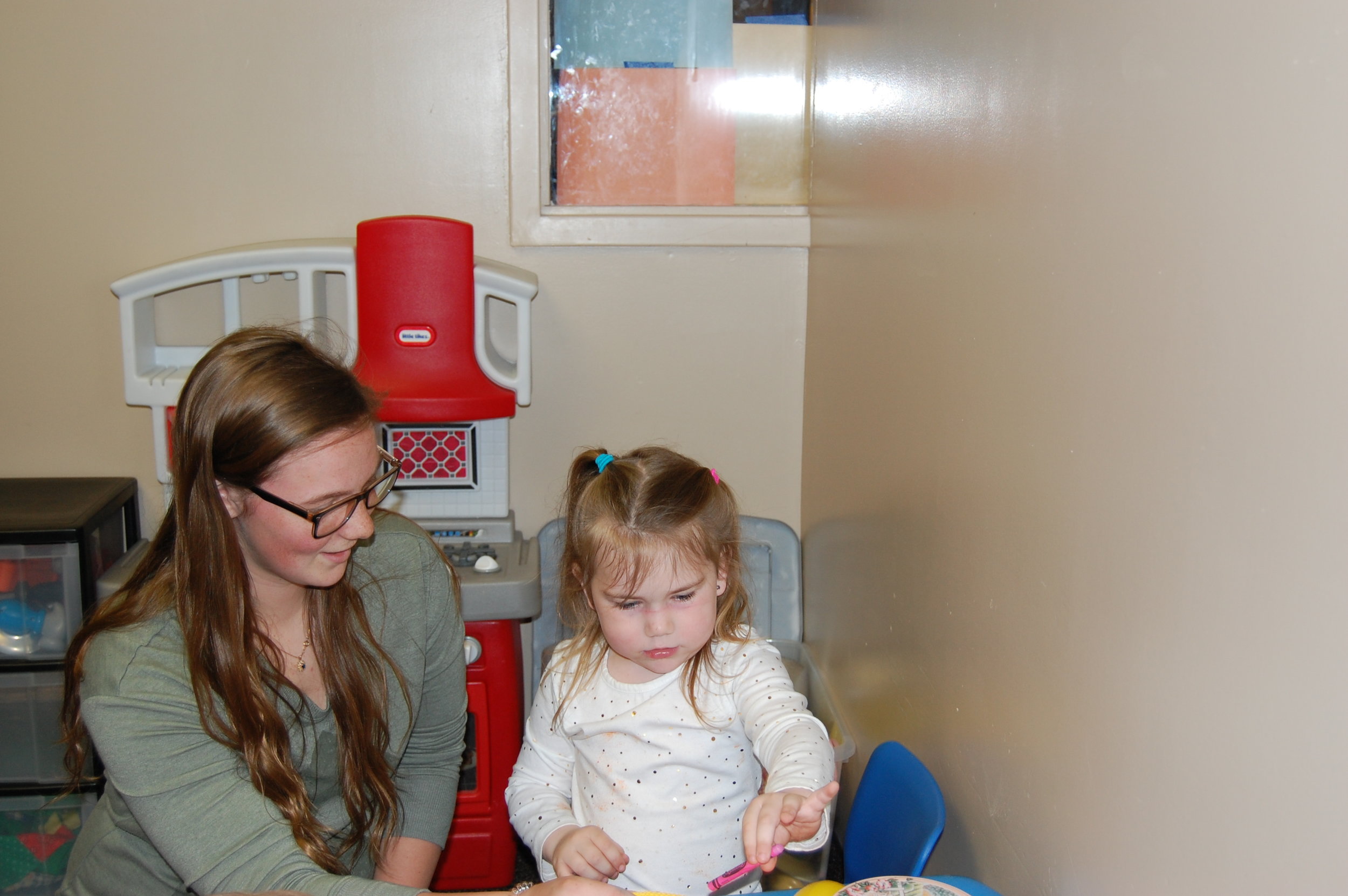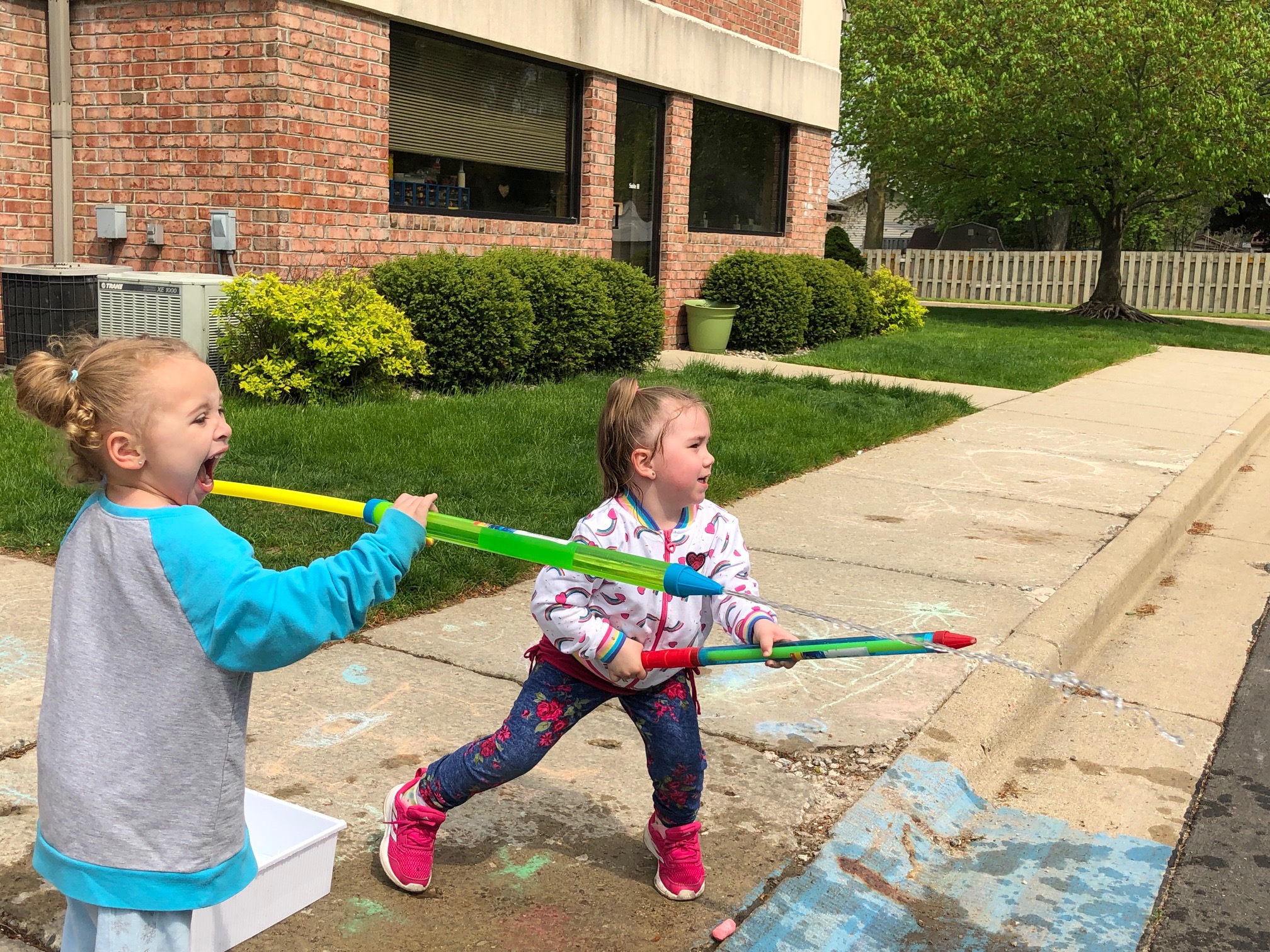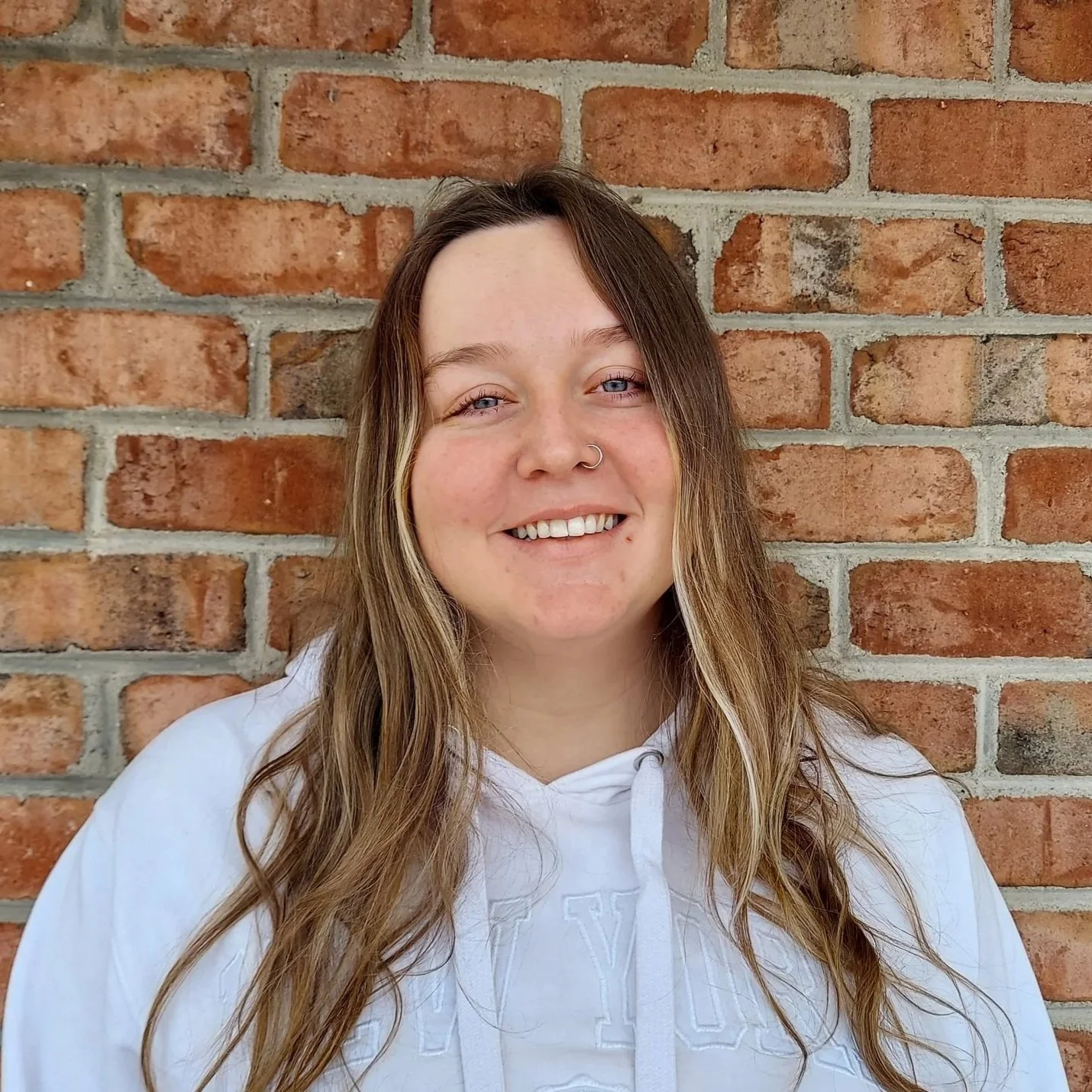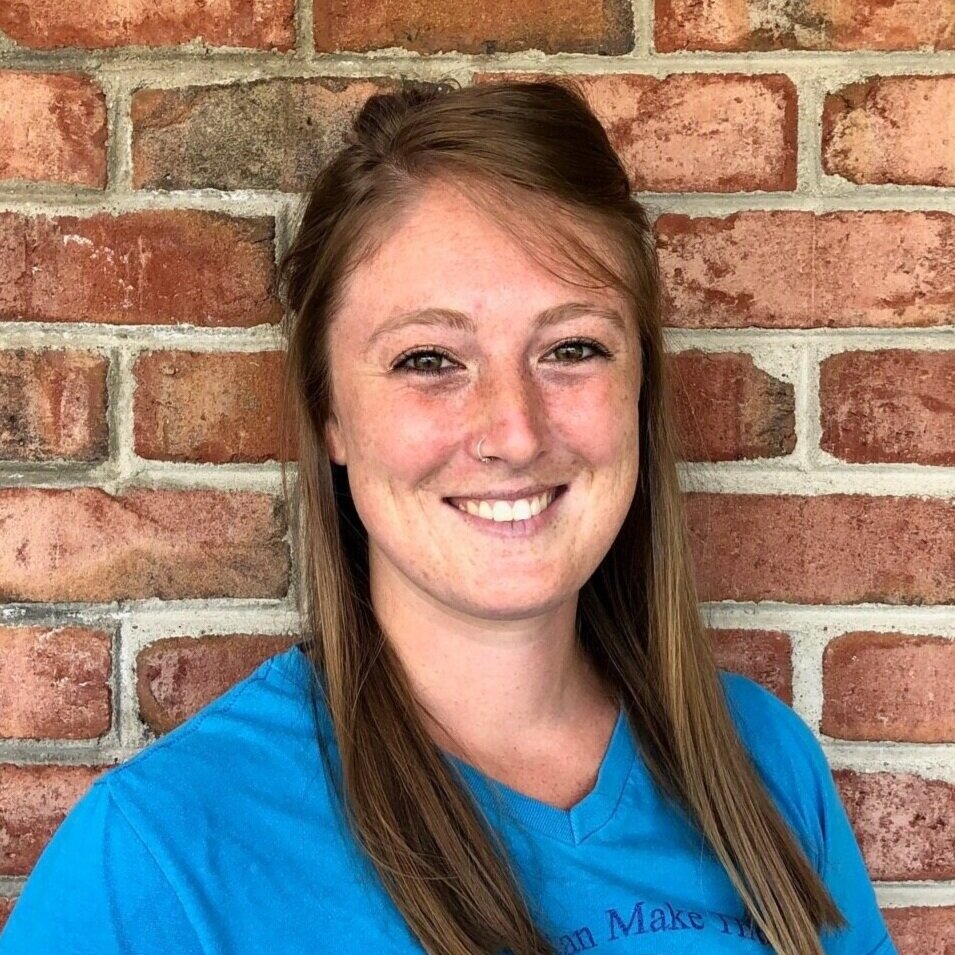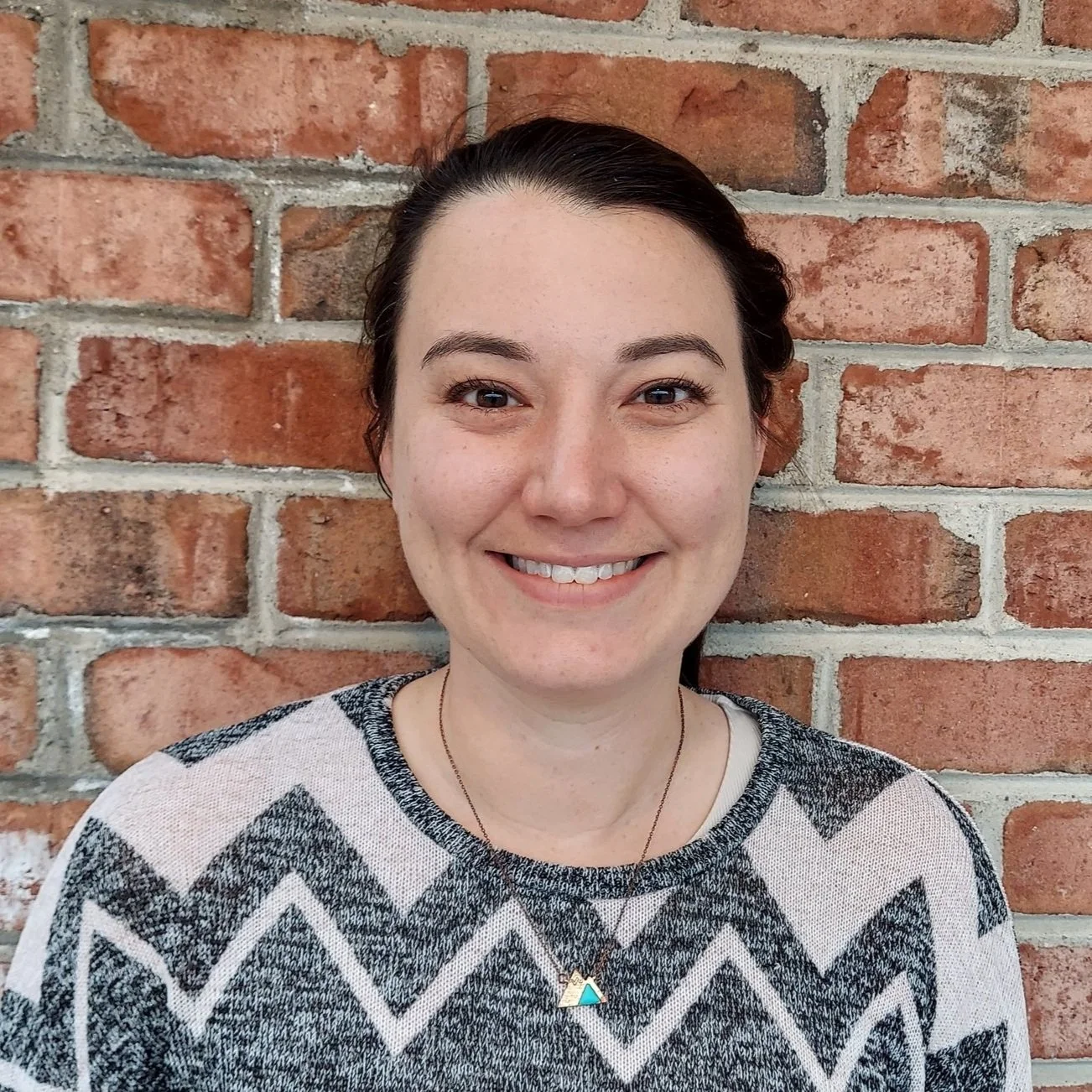ABA Defined
Behavior analysis is the science of behavior, with a history extending back to the early 20th century. Its underlying philosophy is behaviorism, which is based upon the premise that attempting to improve the human condition through behavior change (e.g., education, behavioral health treatment) will be most effective if behavior itself is the primary focus, rather than less tangible concepts such as the mind and willpower. To date, basic behavior-analytic scientists have conducted thousands of studies to identify the laws of behavior; that is, the predictable ways in which behavior is learned and how it changes over time. The underlying theme of much of this work has been that behavior is a product of its circumstances, particularly the events that immediately follow the behavior. Applied behavior analysts have been using this information to develop numerous techniques and treatment approaches for analyzing and changing behavior, and ultimately, to improve lives. Because this approach is largely based on behavior and its consequences, the techniques generally involve teaching individuals more effective ways of behaving and making changes to social consequences of existing behavior.
Applied behavior analysis (ABA) has been empirically shown to be effective in a wide variety of areas, including parent training, substance abuse treatment, dementia management, brain injury rehabilitation, occupational safety intervention, among others. However, because ABA was first applied to the treatment of individuals with intellectual disabilities and autism, this practice area has the largest evidence base and has received the most recognition.
Definition retrieved from: https://www.bacb.com/about-behavior-analysis/
Signs ABA THERAPY may be needed
The child lacks social engagement with peers and/or has difficulty communicating wants and needs. The child demonstrates stereotyped or repetitive behaviors with daily routines and/or during play. The child may in self-injurious behaviors or aggressive behaviors toward others.
Meet our Behavior Analysts
Kaylie Cox
Kaylie Cox, MA, completed her studies at Central Michigan University in 2023, earning a degree in Psychology, and began her career at CSTC as a Behavior Technician. Following a semester off, Kaylie resumed her education at Ball State, where she obtained a Master's degree in Applied Behavior Analysis in 2025. In her leisure time, she likes to take walks, watch sports, and enjoy moments with her friends and family.
Megan Schuster
Megan Schuster, MA, BCBA, graduated with her Bachelor’s degree in psychology from Central Michigan University in 2015. After graduation, Megan became a Behavior Technician at CSTC before pursuing her Master’s degree in Applied Behavior Analysis. Megan graduated from Ball State University with her Master’s in 2017 and became Board Certified in 2018. Megan has been at CSTC since 2015 and has loved the experience she has gained with all of her clients so far as she continues to learn and grow within the field. She now functions as a Department Lead for ABA therapy. Megan’s favorite reinforcers are cheeseburgers, playing with her dogs, Wrigley and Theo, spending time with family and friends, and of course, drinking lots of coffee.
Sarah Killinger
Sarah J. Killinger, M.A., CCC-SLP/BCBA, is a dual-certified therapist in the field of Speech-Language Pathology and Behavior Analysis. She graduated from the University of Michigan with her bachelor’s degree in Linguistics (the study of language) from the University of Michigan in 2002. In 2008, she received her degree in Speech-Language Pathology from Eastern Michigan University. In 2019, she earned her degree in Behavior Analysis from Ball State University with an emphasis in services for people with Autism. Currently, she works as the Director of the Autism Program and assists in the organization of the ABA program. She serves as the VP for Public Relations for the Michigan Speech-Language Hearing Association (MSHA). Sarah’s primary reinforcers are electronic music, music festivals/concerts, and spending time with her family. If you don’t see her at work, you likely will catch her on a baseball field watching one of her kids play.
Rachel Redmond
Rachel Redmond, M. Ed, BCBA, received her bachelors in Special Education and taught special education for 5 years before receiving her master’s from the University of Washington and becoming a Board Certified Behavior Analyst in 2015. She has experience working with children and adults with Autism and other intellectual disabilities, in classroom, respite, and job settings along with her clinical experience. Before starting at CSTC in 2016, Rachel spent a year and a half in Zambia, Africa developing treatment plans, training staff, and providing family supports to children with intellectual disabilities. Rachel enjoys exploring new activities around Michigan with her son, relaxing at the lake, and reading.
Kelsey Gibson
Kelsey Gibson, MA, BCBA, graduated with her Bachelors in Social Work from Siena Heights University in 2016. She has always had a passion for working with kids and wanted to focus her career around children services. After graduation, she started working at CSTC as a Behavioral Technician (BT) and after 2 years decided she wanted to further her career in Applied Behavioral Analysis (ABA). Kelsey Graduated from Ball State University in 2019 and passed her Boards in 2021. She is looking forward to learning her new role as Department Lead BCBA and gaining more knowledge in the world of ABA. Kelsey's favorite reinforcers are spending time with her friends and family, snuggling her dogs on the couch while binge watching netflix, and LOTS of coffee
Danielle Hoffman
Danielle Hoffman, MA, BCBA, graduated from Olivet college in May 2016 with her bachelors degree in exercise science. In November of 2016 she started working at CSTC as a behavior technician and after 2 years, decided to apply to Ball State University to obtain her masters degree in Applied Behavior Analysis (ABA). She have always wanted to have a career working with kids and felt this was a good fit. In August of 2018, Danielle started graduate school at Ball State University and recently graduated in May of 2020. Prior to working at CSTC, she worked at a nursing home as a Certified Nurse Aid (CNA) for 4 years. She enjoy spending time with friends and family, going to bonfires, and riding horses.
Kit Bednark
Kit Bednark, MA, QBHP, received his bachelor’s degree in Psychology from Spring Arbor University in 2017. He went on to earn their master's degree in Behavior Analysis from Western Michigan University in 2022. Kit began as a behavior technician at CSTC in January of 2020. Areas of professional and clinical interest include autism, early intervention, and behavior reduction. Outside of work, Kit enjoys reading and painting
KRISTA IRVINE
Krista Irvine, MA, BCBA, graduated from Spring Arbor University with a BS in Health and Exercise Science. Krista began working at Comprehensive Speech and Therapy Center in May 2017 as a Behavioral Technician and graduated from Ball State University with a MA in Applied Behavior Analysis in May 2020. Krista enjoys spending time with her family and friends, going on adventures, and crocheting in her free time.
William Irvine
Billy Irvine MA, MA, BCBA, graduated from Spring Arbor University with a degree in elementary special education. Billy started at Comprehensive Speech and Therapy Center in December 2017 as a behavioral Technician. He went to Ball State University and received his masters degree in Applied Behavior Analysis and graduated in May 2020. Billy enjoys spending time with his family, watching sports, and building LEGOs when he earns reinforcement.
Karli VanRyswyk
Karli VanRyswyk, MA, CCC-SLP, BCaBA, received her bachelor degree in behavioral science from Western Michigan University in 2020. She went on to earn her Master's Degree in Speech Pathology in 2023. Currently, Karli is a behavior analysis master student at Florida Institute of Technology. She enjoys working with individuals with a variety of communication disorders within a neurodiversity paradigm. Areas of professional and clinical interest include autism and other neurodevelopmental disorders, AAC, early intervention, and interprofessional collaboration.
Ellerie Hughes
Ellerie Hughes, MA, QBHP, began working at CSTC in February of 2019 as an ABA Technician. In May of 2019, she graduated with her Bachelor's in Psychology and Theatre from Spring Arbor University. In her last semester, she switched her dream of combining drama techniques and therapy to applied behavior analysis. In December of 2022, she graduated from Western Michigan University with a Master's in Behavior Analysis. Ellerie still uses her theatre background to teach emotional skills and play skills. She enjoys cooking, volunteering to mentor rural teenagers, spending time with friends and family, and traveling.
Jessica Donnell
Jessica Donnell, MA, BCBA, graduated with her Bachelor's degree in Psychology from Hope College in 2014. After Graduation, Jessica became a Behavior Technician where she was introduced to Applied Behavior Analysis. Jessica went to Northern Colorado University and got a masters degree in Special Education. She completed her ABA coursework at University of Colorado Denver to obtain a BCBA certification in 2021. Jessica joined CSTC upon relocating back home to Michigan after living in Colorado since 2017. Outside of work, Jessica enjoys reading and being outside.
What ABA looks like
The duration of treatment varies based on the client’s needs. Treatment duration could be anywhere from 5-20 hours weekly. ABA often looks like play while specifically targeting functions of behavior to increase socially acceptable behaviors. Treatment methods may include discrete-trial training, naturalistic environmental teaching, functional communication training, antecedent-based interventions and more. ABA is centered around the principles of reinforcement (increases behaviors), extinction and punishment (decreases behaviors). The client’s plan is individualized to meet their needs, and sessions are centered around the plan of care. You will typically see our clients engaging in activities of daily living, academic skills, increasing their communication skills or increasing social skills; all while earning their biggest reinforcement.
Resources
About ABA: https://www.relias.com/resource/what-is-aba
Blog describing parenting a child with autism: https://www.findingcoopersvoice.com
Support group for parents: https://jasn-mi.org
Additional information on ABA: https://www.behaviorbabe.com
